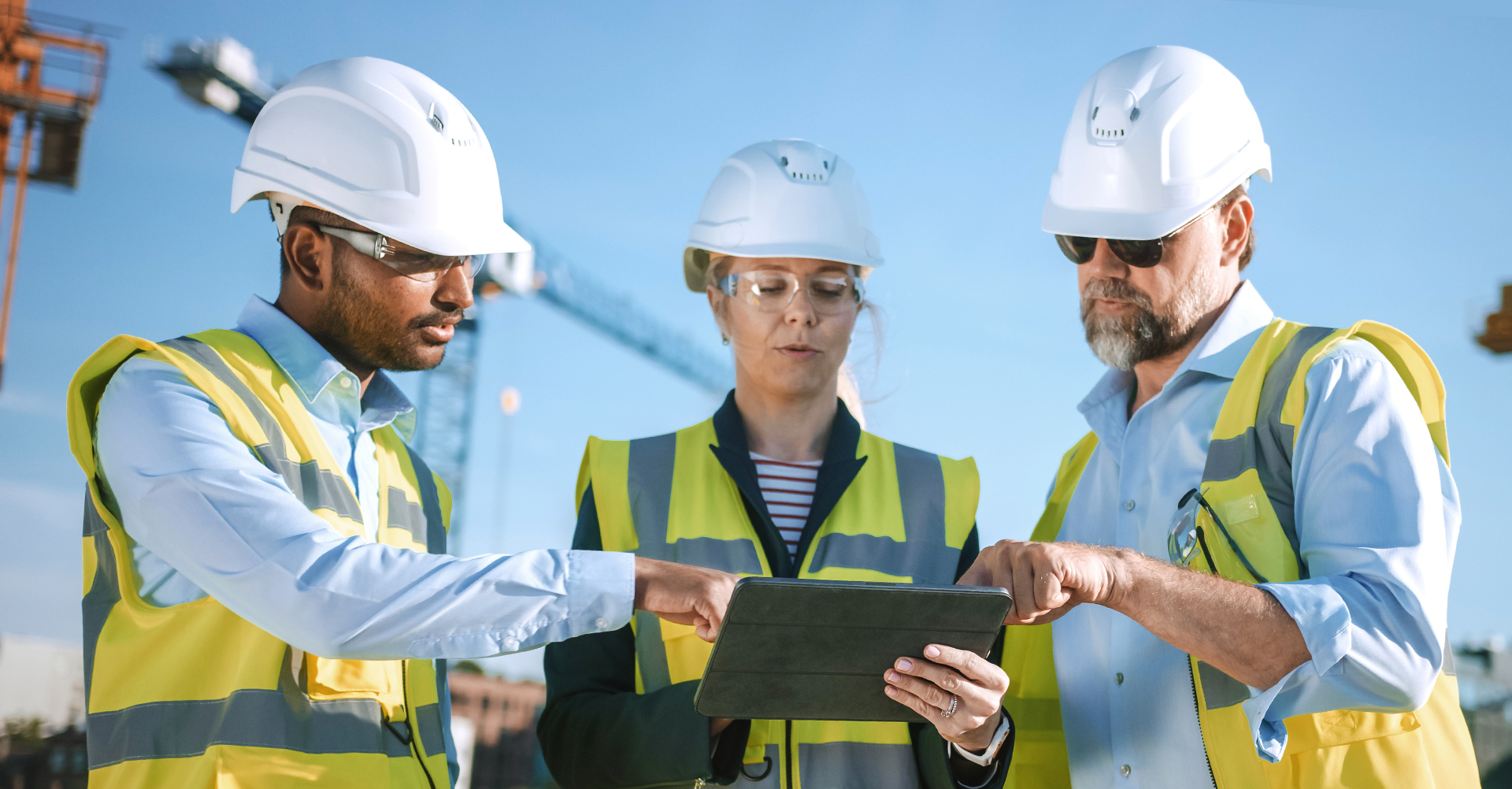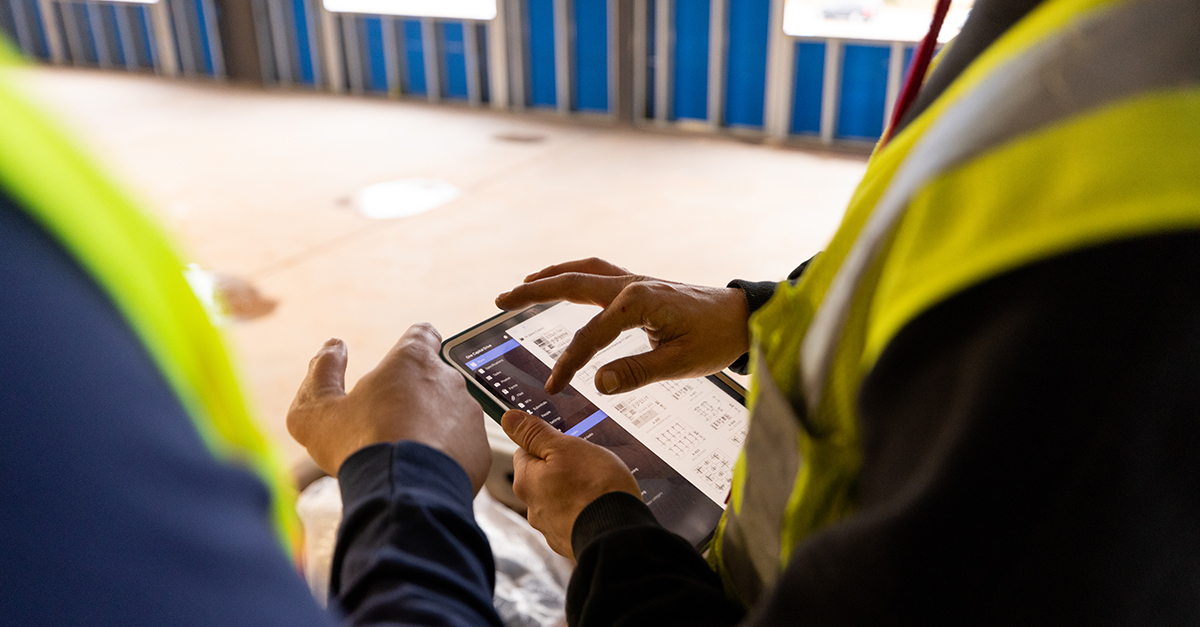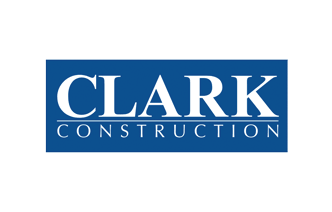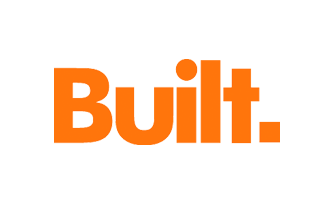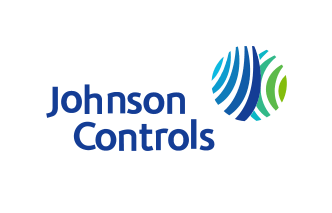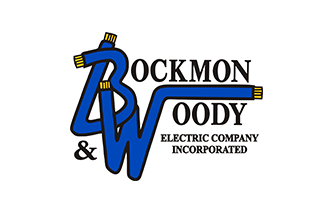How anti-discrimination training can help reduce conflicts on construction sites

Working on a construction site involves tight deadlines, physical strain and constant coordination. Even small interpersonal conflicts can blow up fast in that kind of high-pressure environment. If your team members feel disrespected or don’t trust each other, it can slow the job, increase turnover and create serious safety risks.
A hostile or divided culture hurts morale and risks your entire project. Anti-discrimination training gives your team the tools to communicate better, understand each other’s perspectives and work together more effectively. You build a safer and more cooperative jobsite when everyone feels respected and valued.
The high cost of conflict on construction sites
Construction sites are already filled with hazards. Heavy machinery, elevated workspaces and high-stakes timelines leave little room for error. In fact, nearly 20% of all workplace deaths happen in the construction industry. When you add unresolved conflict into the mix, the risk only multiplies. Miscommunication between workers can lead to serious mistakes. Refusal to cooperate — especially due to discrimination or personal bias — can stall tasks or create unsafe conditions.
Even passive sabotage, like withholding important information or ignoring safety steps, can endanger your whole crew. Beyond safety, conflict can extend project timelines and increase costs. It also puts you at risk of falling out of compliance with safety protocols and HR policies. It can be a project risk if your team is stuck dealing with tension instead of focusing on the job.
When discrimination fuels division and hostility
When discrimination shows up on your jobsite — whether based on race, gender, age, religion or nationality — it chips away at your team’s ability to work together. You can’t build trust when some team members feel excluded or disrespected. Women made up just 10.8% of the construction industry in 2023. Suppose they or anyone else face bias or constant microaggressions. They’re less likely to speak up, ask for help or collaborate.
That tension adds up fast. You start to see side-stepping responsibilities and open conflict. When people stop talking to each other, mistakes happen. Suddenly, your team isn’t just dealing with personal drama. They work in an unsafe, distracted environment where projects slow down and safety takes a hit. Discrimination divides people and threatens the whole job.
Why inclusive site culture builds safer, more effective teams
Creating a jobsite culture built on respect and inclusion sets your team up for success. It’s about more than being nice — it involves building a team that communicates well, looks out for each other and gets the job done right. In fact, 95% of employees say feeling respected at work is important to them. When people feel safe and supported, they’re more likely to speak up about hazards and lend a hand without hesitation.
That kind of teamwork boosts morale and helps you catch small issues before they become big delays. An inclusive culture makes it easier to retain good workers, reduce legal headaches, and deliver projects on time and within budget. Ensuring everyone feels like they belong can create a safer, more efficient work environment.
How anti-discrimination efforts align with OSHA requirements
OSHA requires teams to complete specific safety training on construction sites, including fall protection and hazard communication. In fact, the organization often mandates courses with both classroom and hands-on training to ensure safety measures are met. However, safety goes beyond gear and machinery. The General Duty Clause also requires providing a safe and healthy workplace for everyone on your crew.
That’s why a respectful, inclusive culture is influential in workplace safety. When discrimination fuels conflict, it can create safety hazards, like faulty equipment or poor site conditions. People stop communicating, cut corners or hesitate to speak up about risks. As the industry flourishes, DEI training could easily become part of future safety standards or best practices, especially as more firms see how it helps prevent harm and keeps teams working safely together.

How anti-discrimination training reduces conflict on construction sites
Coaching sessions can significantly impact how your jobsite runs. You’ll notice fewer HR issues and stronger team communication, especially when the pressure’s on. It gives your coworkers and site leads the tools to step in early and stop conflicts before they spiral. Building in diversity, equity and inclusion (DEI) metrics as part of your overall performance reviews shows your team that respect and inclusion matter as much as productivity.
That kind of structure drives lasting change and helps everyone stay accountable. It also creates a shared language so your team knows how to speak up, disagree respectfully and work through issues without letting things get personal.
Practical tips for subcontractors and site managers
Creating a respectful and inclusive jobsite starts with small, practical steps. Anti-discrimination training only works when it’s part of your broader culture, not a one-off session. Here are some ways you can make sure inclusion becomes a natural part of how your team operates:
- Start with onboarding: Introduce anti-discrimination workshops as a core part of your onboarding process to set expectations from day one.
- Lead by example: Model inclusive language and behavior on-site so your teams knows what’s acceptable and what’s not.
- Encourage open communication: Create regular opportunities for team members to voice concerns, give feedback and ask questions without fear of judgment.
- Reinforce lessons in toolbox talks: Use short, focused discussions to highlight respect, teamwork and cultural awareness alongside safety updates.
- Partner with experienced trainers: Work with providers who understand the construction industry and can tailor content to your site’s unique challenges.
- Track and measure progress: Include DEI goals in your key performance indicators or team evaluations to keep the momentum going and show your crew it matters.
Respect-driven training makes your jobsite stronger
Anti-discrimination training is beyond checking a compliance box. It’s a practical way to prevent conflict before it disrupts your jobsite. Everything runs smoother and safer when your team communicates respectfully and works through differences. As a construction manager or subcontractor, investing in the right education helps build a productive workplace where everyone feels valued and ready to work.


